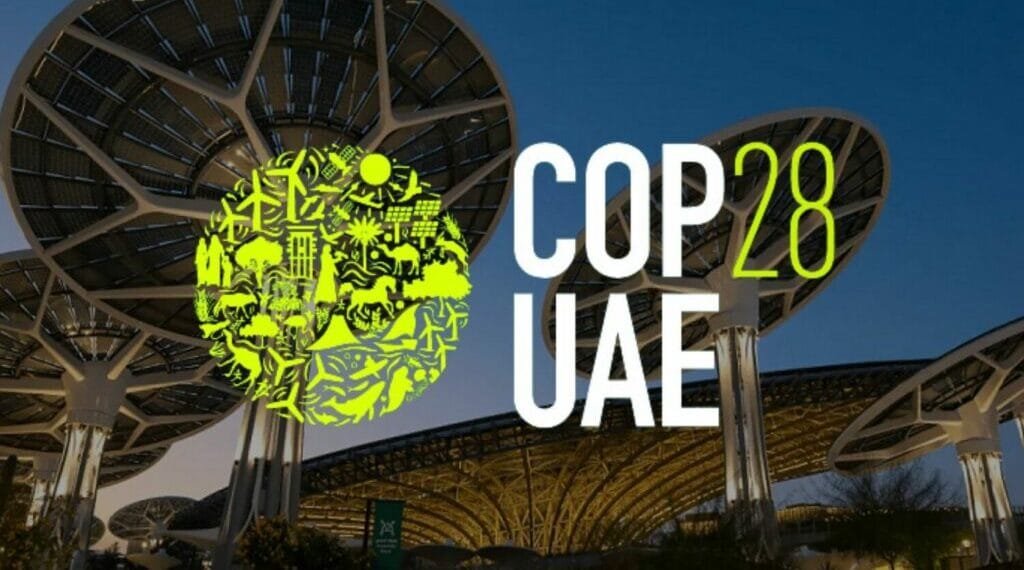Following the meeting of the United Nations Framework Convention on Climate Change (UNFCCC) which held in Dubai, the United Arab Emirates (UAE) from November 30 to December 12, 2023, the Environmental Rights Action/Friends of the Earth Nigeria (ERA/FoEN) has queried the agreements reached at the COP28 describing them as ‘pittance.’
Executive director of ERA/FoEN, Chima Williams, in a debrief on the COP28 said that only marginal gains were made at the conference with the operationalization of the Loss and Damage Fund with some meagre pledges by the industrialized nations and the first-time mention of the need to transition from fossil fuels.
Williams explained that like previous COPs, the 28th session of the treaty talks was a mere jamboree where executives of oil corporations were allowed free hand to broker deals that would only continue to worsen the climate crisis.
He noted that as anticipated, the fossil fuels lobby, which was huge just like previous years, was in the driver’s seat at the talks, steering its cause and promoting false solutions within the realm of carbon credits while the real solutions were kept at the back seat.
Read also: Experts task Nigeria to adopt Sweden’s Tobacco Harm Reduction model for smoke-free future
He argued that the root cause of climate change is fossil fuel extraction while the victims are communities in Africa and other parts of the Global South who face the stark reality of fossil fuel extraction and the changing climate, adding that communities in the Niger Delta and those in Uganda currently experiencing the impacts of the East Africa Crude Oil Pipeline (EACOP) reflect what fossil fuels do to the environment and people.
The ERA/FoEN director also stressed that the group’s campaign to bring International Oil Companies (IOCs) to book for decades of extraction in the Niger Delta without responsibility to the environment and people is part of a growing movement that remains undeterred in the quest for climate and environmental justice.
According to him, the forced commitment of the industrialized nations to the Loss and Damage Fund showed that with sustained pressure, communities on the frontlines will finally secure justice on matters of environmental infractions, especially on the African continent.






